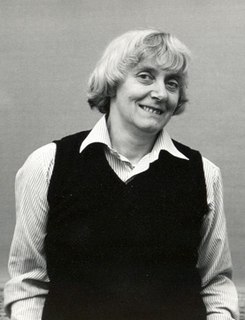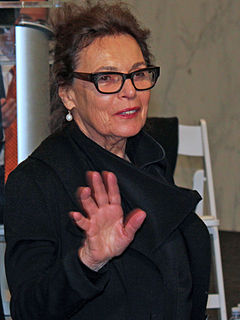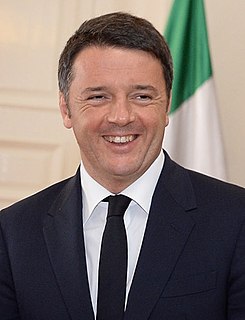A Quote by Russell D. Moore
I think we can remember our past without valorizing parts of our past that we ought to see as wrong.
Related Quotes
I see a lot of actors that are doing things to please their coaches, their teachers in the past. They say 'No' to parts they should have said 'Yes' to simply because of the opinion of people in their past. I have no one in my past who is judging me and saying, 'Maybe you shouldn't do that.' I'll do it all.
Our achievements speak for themselves. What we have to keep track of are our failures, discouragements and doubts. We tend to forget the past difficulties, the many false starts, and the painful groping. We see our past achievements as the end results of a clean forward thrust, and our present difficulties as signs of decline and decay.
We develop all our sciences, archeology, cosmology, psychology, we tabulate and classify and cling to our sacred definitions, our divisions, without any attempt to synthesis, without the humility to see that these are only parts of a total knowledge. ... But somehow we ought to be able to keep the idea of the totality of experience and knowledge at the back of our minds even though the front's busy from morning til night with the life cycle of the liver fluke.
Let each of us examine his thoughts; he will find them wholly concerned with the past or the future. We almost never think of the present, and if we do think of it, it is only to see what light is throws on our plans for the future. The present is never our end. The past and the present are our means, the future alone our end. Thus we never actually live, but hope to live, and since we are always planning how to be happy, it is inevitable that we should never be so.
We attempt to remember our collective American childhood, the way it was, but what we often remember is a combination of real past, pieces reshaped by bitterness and love, and, of course, the video past--the portrayals of family life on such television programs as "Leave it to Beaver" and "Father Knows Best" and all the rest.
It is imperative that the past of the pilgrims' progress be intentionally carried forward into the present as we work into our future. Without it we cannot know who we are, why we are here, or where we can go. Without a common past to live out of we become aimless and wandering individuals instead of a pilgrim people.
We think that the world is limited and explained by its past. We tend to think that what happened in the past determines what is going to happen next, and we do not see that it is exactly the other way around! What is always the source of the world is the present; the past doesn't explain a thing. The past trails behind the present like the wake of a ship and eventually disappears.































